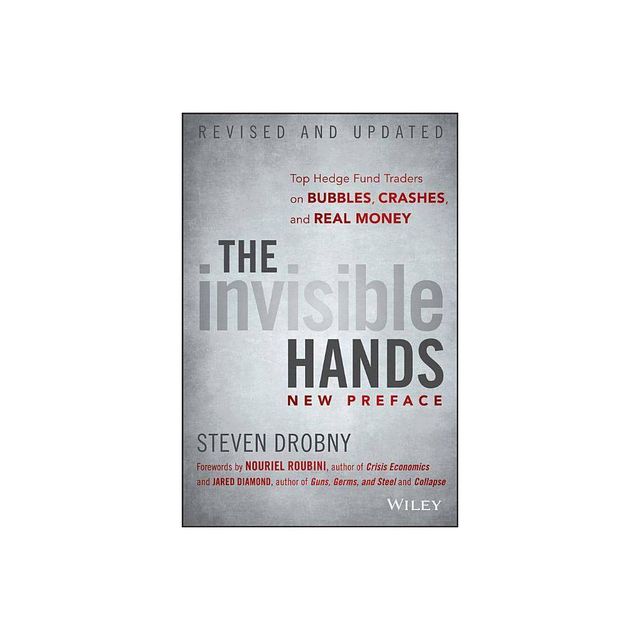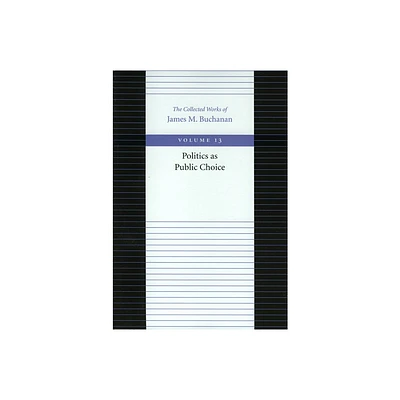Home
Education and Public Choice: A Critical Account of the Invisible Hand in Education
Loading Inventory...
Barnes and Noble
Education and Public Choice: A Critical Account of the Invisible Hand in Education
Current price: $95.00


Barnes and Noble
Education and Public Choice: A Critical Account of the Invisible Hand in Education
Current price: $95.00
Loading Inventory...
Size: OS
*Product Information may vary - to confirm product availability, pricing, and additional information please contact Barnes and Noble
The single most important educational theory in schools and universities today is not derived from Dewey, Piaget, R. S. Peters, or an other significant researcher or theorist in education. It is public choice theory, which is derived from neo-classical economics. This work describes public choice theory in its component parts and as a coherent and potent contemporary factor influencing education today. It is this theory that licenses talk of accountability; provider capture; outcomes; and delivery as the most significant aspects of education, and thereby sets aside the discourses of responsibility; professionalism; social justice; and learning.
Public choice theory is defined by its proponents as the application of economics to politics. It is based on the assumption that economics is the paradigmatic social science that can provide answers to all social questions. By reducing all political and social questions of a particular form of economics it reduces society to a market that is subject to the forces of supply and demand. Citizens become consumers rather than members of a civil society entitled to certain rights. This work describes public choice theory in its component parts and as a coherent and potent contemporary factor influencing education today.
Public choice theory is defined by its proponents as the application of economics to politics. It is based on the assumption that economics is the paradigmatic social science that can provide answers to all social questions. By reducing all political and social questions of a particular form of economics it reduces society to a market that is subject to the forces of supply and demand. Citizens become consumers rather than members of a civil society entitled to certain rights. This work describes public choice theory in its component parts and as a coherent and potent contemporary factor influencing education today.


















